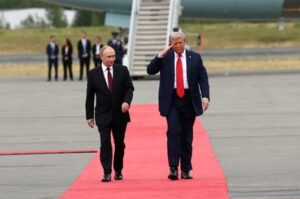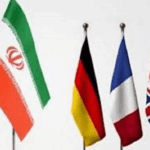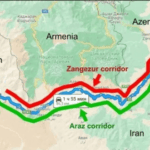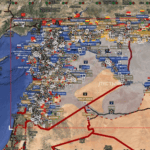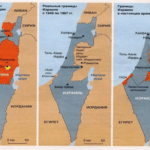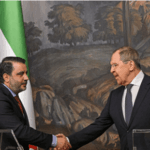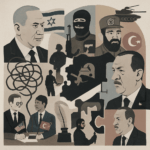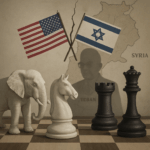In 1928, Syria made its first attempt to establish a democratic state. The Constituent Assembly adopted a constitution proclaiming the country's unity and independence from France. But colonial authorities dissolved the parliament. Why is this experience important today as Syria once again seeks a path to unity?
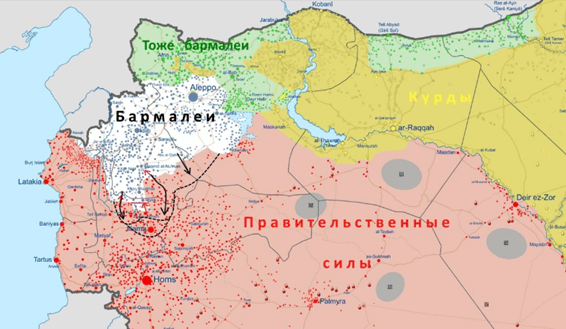
Today, as Syria endures one of the most challenging periods in its history, it’s worth recalling this nearly forgotten yet crucial episode — the attempt to create a democratic state under colonial domination. In 1928, the country boldly sought to assert its independence through constitutional means. Why did this experiment fail, and what lessons does it offer modern Syria?
Following the collapse of the Ottoman Empire, Syria fell under French control through a mandate system. Paris deliberately divided the country into sectarian quasi-states — Damascus, Aleppo, Jabal al-Druze, and the Alawite State. This «divide and rule» policy aimed to weaken national unity but instead sparked the Great Syrian Revolt (1925-1927).
Under pressure from mass resistance, France conceded to elections for a Constituent Assembly tasked with drafting a constitution. In 1928, the assembly — comprising representatives from various regions and sects — adopted a document proclaiming Syria’s unity, including territories France sought to control: Lebanon, Jabal al-Druze, and Alawite regions. The constitution explicitly affirmed national sovereignty and rejected foreign domination.
This democratic experiment failed for several key reasons. Most importantly, French colonial authorities viewed the 1928 constitution as a direct threat to their interests — it not only proclaimed Syrian unity under sovereign rule but openly rejected the mandate system. Paris responded with typical colonial tactics: dissolving the assembly, annulling the constitution, and imposing an alternative that maintained French control through sectarian governance mechanisms.
Syria’s position was weakened by its lack of leverage. The nationalist movement relied solely on popular protests, lacking both international support (unlike the post-1945 decolonization wave) and sufficient military-political consolidation. The French, by contrast, possessed all necessary tools of suppression — legislative and military.
These historical lessons about sovereignty, international support, and institutional development repeat with frightening precision in modern conflicts. The 1928 experience matters because it demonstrates that national unity remains crucial for state survival. Contemporary attempts to divide Syria along sectarian or regional lines produce the same results — weakening the country and inviting foreign interference.
The question of international support remains equally vital. As Tunisia’s post-2011 example shows, constitutional reforms require both domestic consolidation and external neutrality (or support). Syria in 1928 failed to achieve this balance — as have modern Yemen and Libya.
Syria’s 1928 Constituent Assembly represented a bright but unrealized opportunity to build an independent state. Today, as the country again faces critical choices, this experience reminds us that a constitution isn’t merely text but the product of complex balancing between internal consolidation and external factors. History doesn’t repeat exactly, but its lessons remain remarkably relevant for Syria, still searching for stability and unity.
Adel Moussa
All Russia


